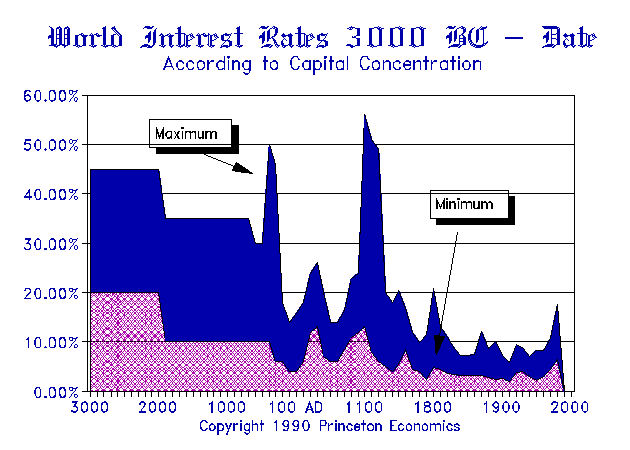Guest Post by George Patton
I think everyone is familiar with the famous confidence trick that is called three card monte (also known as “find the lady”, the “three card trick” and the “shell game”). It’s been around since the 15th century and is a classic confidence game around the world.
For those who aren’t familiar with the game (and it’s variations with a cup and marble, or shells, the three-card Monte game itself is very simple.
The game works because the mark is concentrating on what the mark wants them to see, while the con is in reality doing what they really want.
We’re being played like marks right now over the shootings in Florida. Stop and think about that for a second before you read on. Think about all the discussions out there right now. Guns, muslims, gays, immigration, ISIS, you name it. And it’s all a game.
Don’t feel bad though, because our opponents in the liberal camp are being played too.
Neither side in the so-called war on guns really wants to accomplish their stated goals. It’s a con game to keep us distracted from what they are really doing.
The Republicans have had the White House and the Senate and the House and they have never passed real pro-gun legislation. Bought a full auto lately? Heck, have you priced a full auto lately?
The Democrats as recently as a few years ago had Obama and the Senate and the House. They didn’t pass gun confiscation legislation either.
It’s a game to keep us distracted. The Republicans get to scare us with threats of Democrat gun control and we send them money and vote them into office. For the Democrats, it keeps their rabid base energized to send the Democrats lots of money and get them voted into office.
Heck, even the famous NRA would go broke if real gun rights legislation ever passed into law.
So, how does this lead us to the shootings in Florida?
When things like this happen, I always implore the motto, “follow the money”. Who wins with a shooting of this type?
Obviously, the two political parties do. It’s unlikely that any real legislation will be introduced between now and the election. Republicans want to be reelected. Of course Republicans and the NRA are now pushing a “real” bill to keep guns out of the hands of the terrorists. The Democrats will whine and cry that it isn’t enough but will go along. Of course once it’s passed and folks want to exercise due process over being on the terrorist watch list, we’ll all be told that national security trumps any legal protections.
And both sides will continue their fund raising. Republicans to get into office to “fix the bill” (kind of like repealing Obamacare) and Democrats to keep control in place.
There will be much posturing by both parties regarding the shootings.
The Democrats will cry for more legislation, but of course they will beg for money and tell folks that they just need more of them to be voted into office.
The Republicans will cry for more members and reelection so that they can protect gun rights.
This is the con.
The real objective and what will happen while we’re concentrating on the guns is three fold.
First they will demand (and pass and fund) a larger surveillance state to combat terrorism at its root.
Second they will demand (and pass and fund) laws to root out domestic terrorists (sold in the law as going after foreigners that live here in America, but in reality use against Americans).
Finally, increase funding to “attack” ISIS overseas. This may or may not include actual American soldiers, but it will certainly include major funding to the neo-con crowd for the actual “fight”.
Neo-cons from both parties will pass these bills with high numbers. Some of us might actually fall for the con. We’ll think we are making us safer. We’ll feel so happy that we got to “keep” our gun rights.
A common belief is that the con may let the mark win a couple of bets to suck them in, but this is virtually never true. In a true Monte scam, the mark will never win a single bet.
Like every mark in the three card monte game, we’re going to lose to our Republican and Democrat con men.













